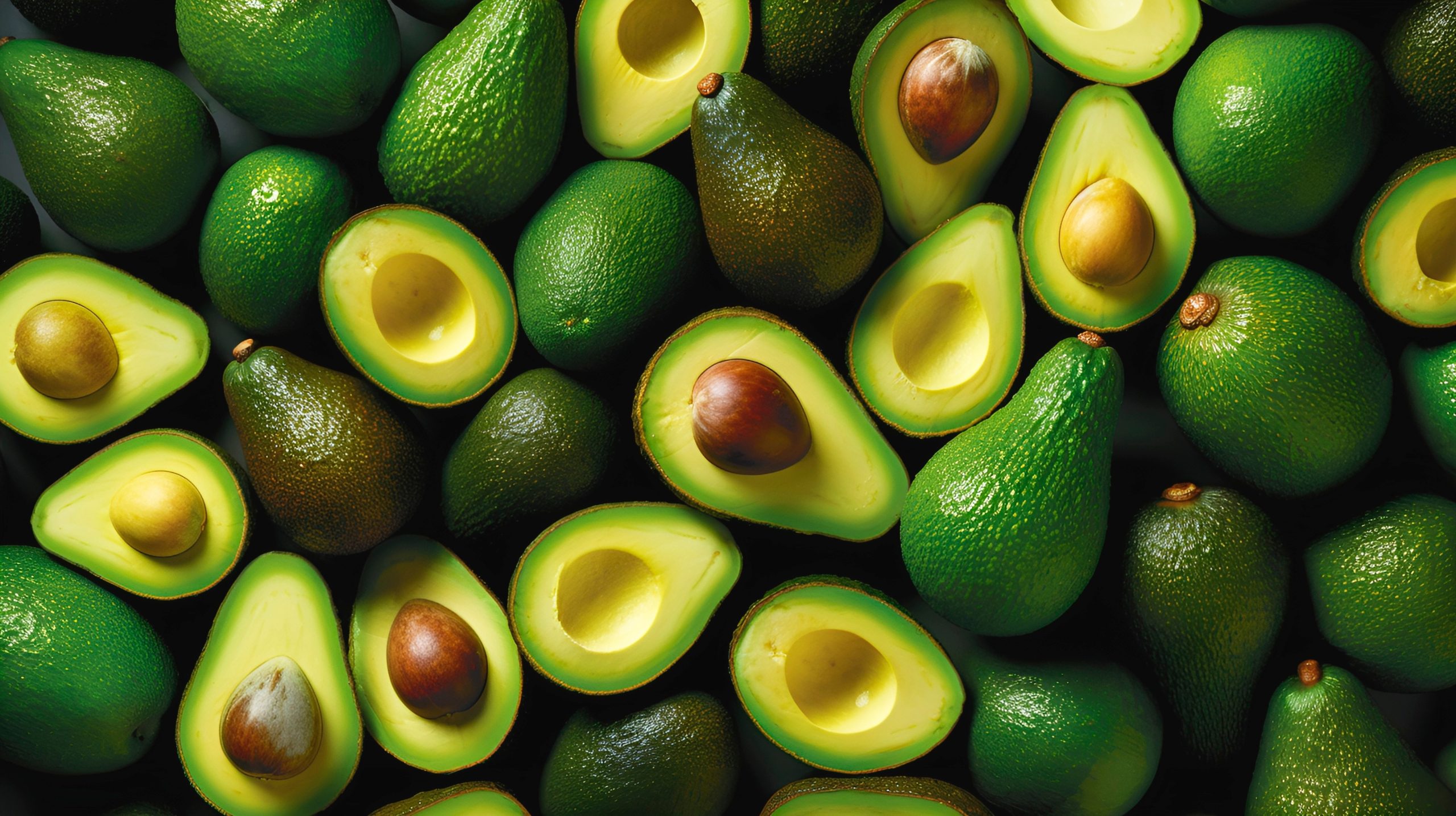
The reputation and goodwill of a brand can be a company’s most valuable asset. When smaller brands try to free-ride on the success of famous brands, the trade mark owners will take action. Over the course of three articles, we examine recent UK Intellectual Property Office (UKIPO) trade mark opposition decisions where major brands enforced their reputation and goodwill against applications filed by smaller companies.
The cases demonstrate the importance of conducting thorough trade mark clearance searches and developing a unique brand identity, rather than trying to piggyback on the success of well-known marks. However, owning a successful and famous brand does not guarantee success and these cases also demonstrate the limits of protection.
For famous brands, the decisions highlight the advantages of carefully collating evidence of the reputation garnered in the UK. Additional evidence concerning the practice in the market and the specific behaviour of an applicant can turn a decision decisively in favour of the opponent. This sort of evidence can assist famous brands in persuading the UKIPO that a similar trade mark should be refused registration even if it is filed for different goods. This will occur when a “link” or connection is formed in the minds of the public such as where the apparently different goods are sold via the same trade channels to the same end users. If an applicant’s own marketing calls on the famous mark, then that can emphasise the point.
The first case involves Ocado enforcing its trade mark rights against a food import business specialising in growing and importing organic large soft-skin avocados and other tropical fruits and vegetables. The applicant filed the following trade mark for various food items in classes 29, 30 and 31, related retail and transport services in classes 35 and 39 and medical services in class 44.

Looking at this trade mark, it is probably not surprising that Ocado was successful based on its earlier registered trade marks, reputation and unregistered rights.
The UKIPO concluded in decision O/0961/23 that the word “Orgacado” was the dominant and distinctive element. Whilst the words “the gateway to live longer” were not seen to be negligible, they were considered to be a slogan, and their size and position meant that they played a lesser role in the overall impression of the mark.
Ocado was able to rely on a plain word mark registration and so the UKIPO considered that “it can be presented in the same font and colour of the applicant’s mark adding to the overall similarity”.
The UKIPO found that the marks were visually similar to a low degree and aurally similar to a medium degree. Both parties submitted that their trade marks were derived from the word “avocado” and so a degree of conceptual similarity was also found.
With all of these factors in mind, unsurprisingly, the UKIPO found a likelihood of confusion between the respective marks and refused the application for the various food items in classes 29, 30 and 31 and related retail and transport services in classes 35 and 39.
Ocado also submitted evidence of its significant reputation including its 2020 revenue of £2.33bn, that it employs 21,000 people and that it holds a 15% share of the UK online grocery market. Consequently, the UKIPO was persuaded that Ocado’s trade mark enjoys the highest possible level of distinctiveness and a very strong reputation in the UK for supermarket services and foodstuff and delivery and transport services.
Therefore, the application was also refused in respect of medical services in class 44 on the basis that it would take unfair advantage of Ocado’s reputation.
Notably, Ocado also submitted a photo of the applicant posing next to the Ocado logo in an “Orgacado” apron. The UKIPO considered that this demonstrated an intent to deceive the public into believing there was some sort of economic connection with Ocado, so the opposition also succeeded based on Ocado’s unregistered rights.
Orgacado unsuccessfully appealed the decision in July 2024 (decision BL O/0636/24).
Conclusion
The decision is a useful reminder about the strength of protection that a plain word mark can provide. The UKIPO acknowledged that it gave Ocado some flexibility such that it could be considered to “be presented in the same font and colour of the applicant’s mark”. That is why filing as a plain word mark is considered best practice.
Do not overlook the strength of a reputation. In this case, it meant that even medical services (which are different to Ocado’s goods and services) were refused and illustrates the benefit of collating and curating a cache of evidence that is ready to call on in proceedings. Indeed, the applicant undermined its own position by creating content that included images of Ocado’s trade mark.
Larger brand owners must take account of possible bad publicity arising from litigation. Orgacado ran a public campaign against Ocado’s “bullying”. Perhaps to reduce any perceived negativity in the minds of customers, Ocado did not seek a costs award against the applicant.
If you would like to discuss any aspect of trade mark law or get advice on your own intellectual property, please contact Edward Carstairs or any of GJE’s attorneys at gje@gje.com.


